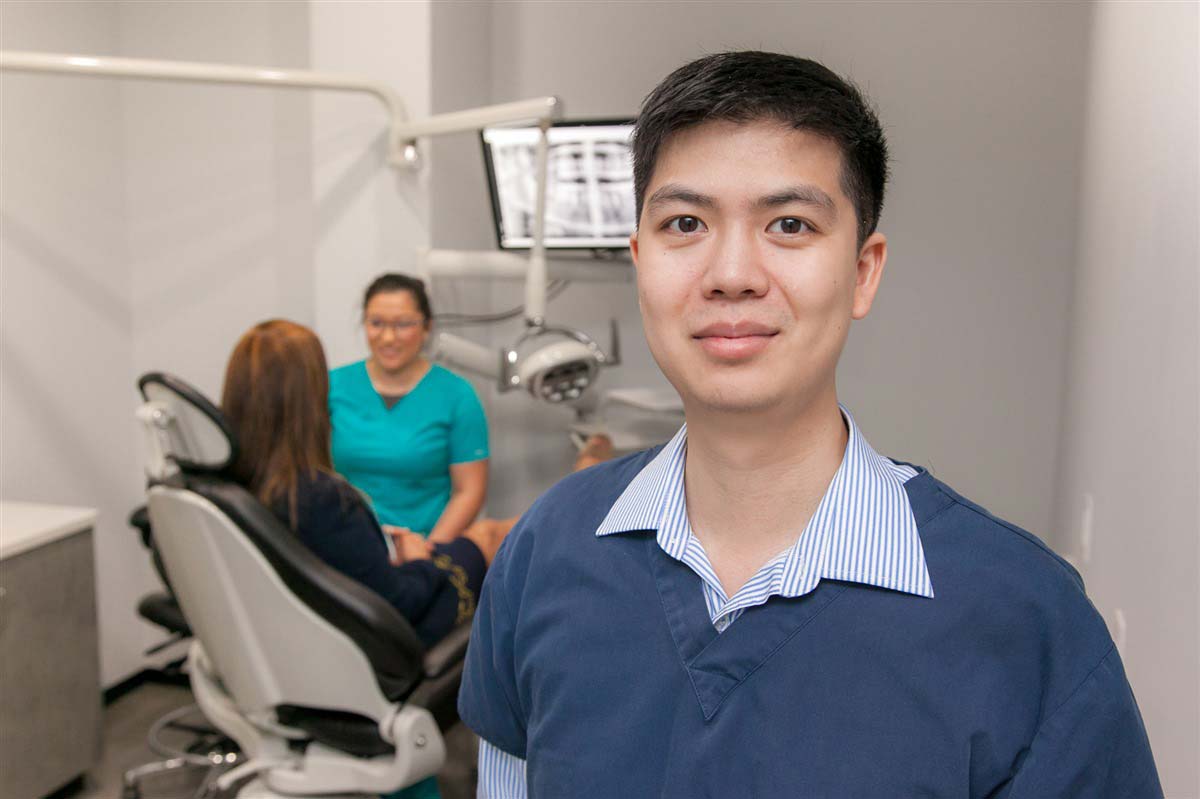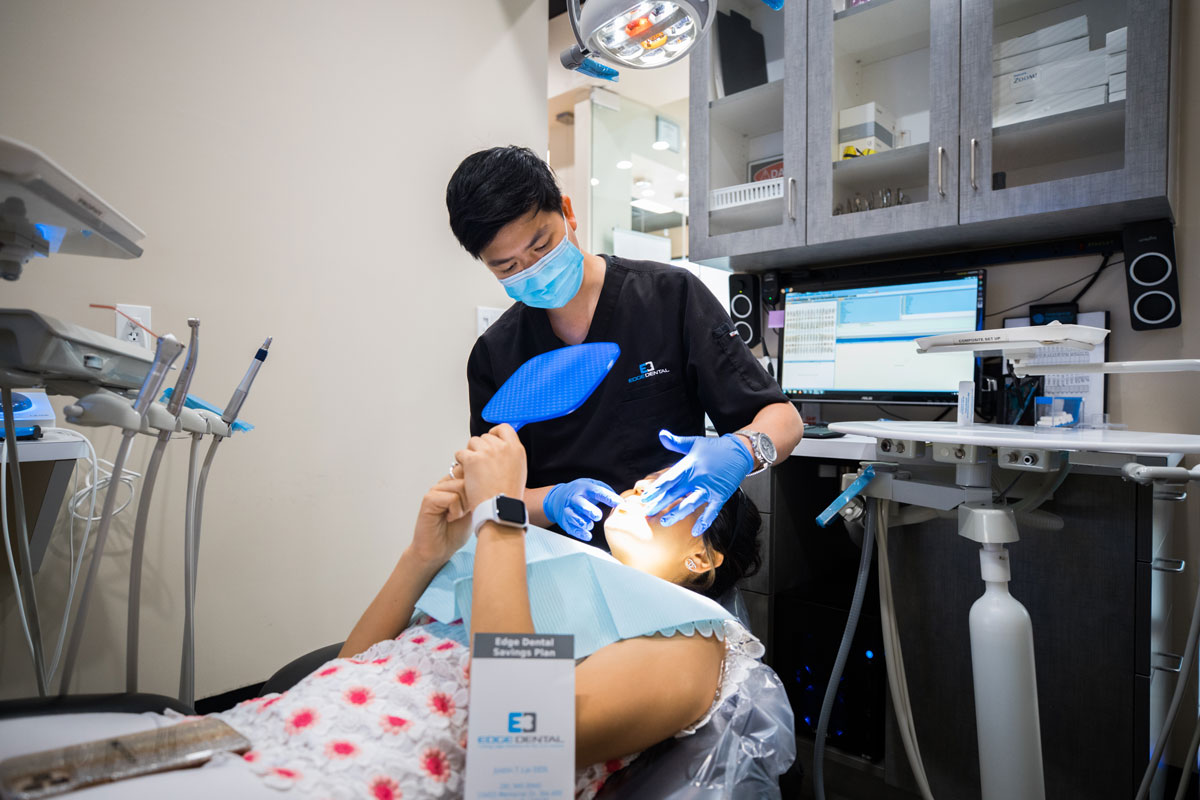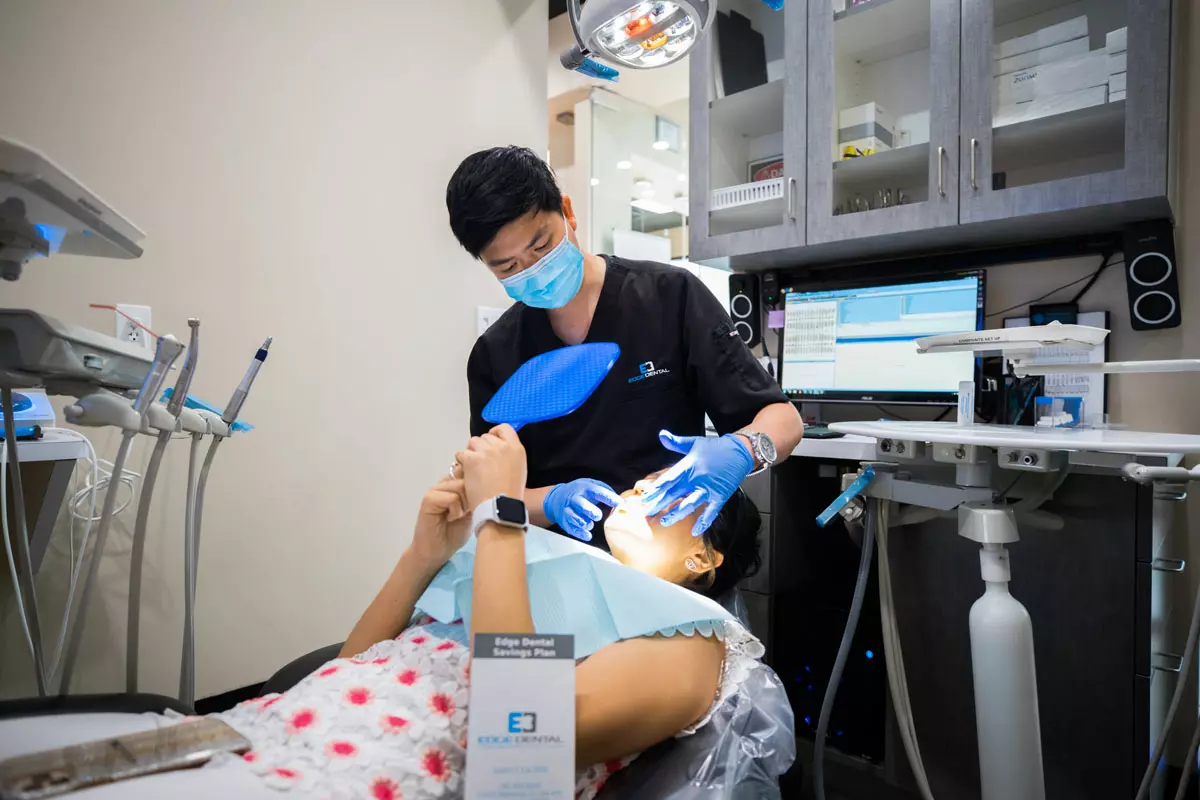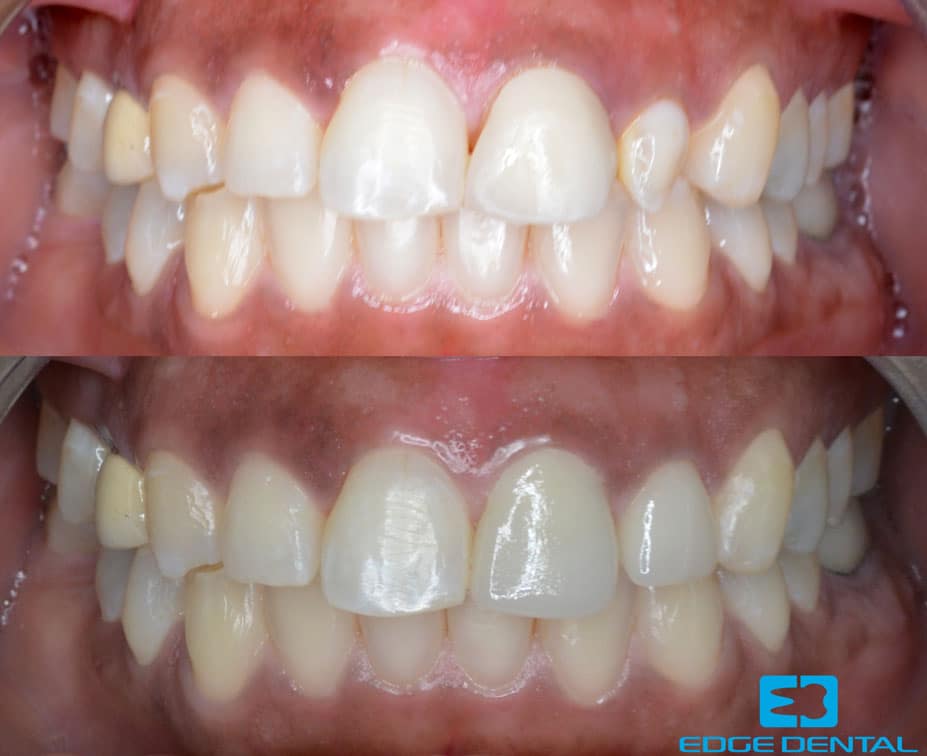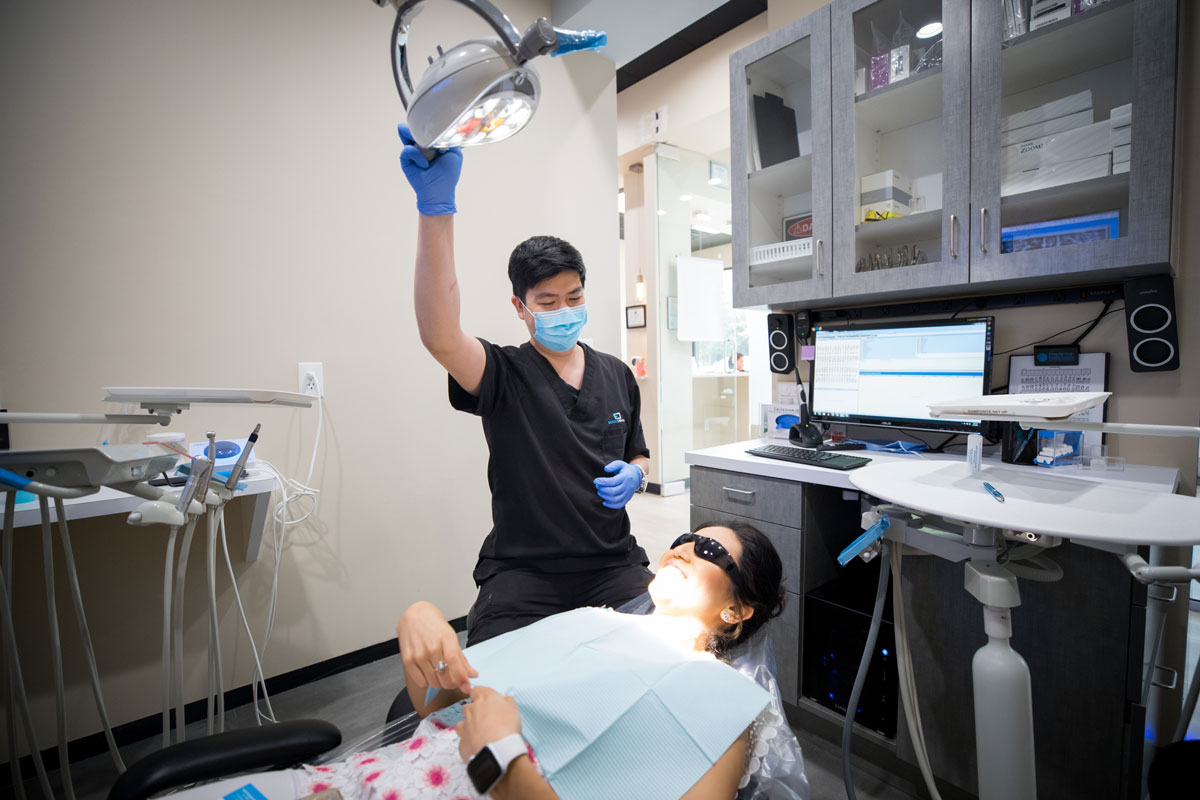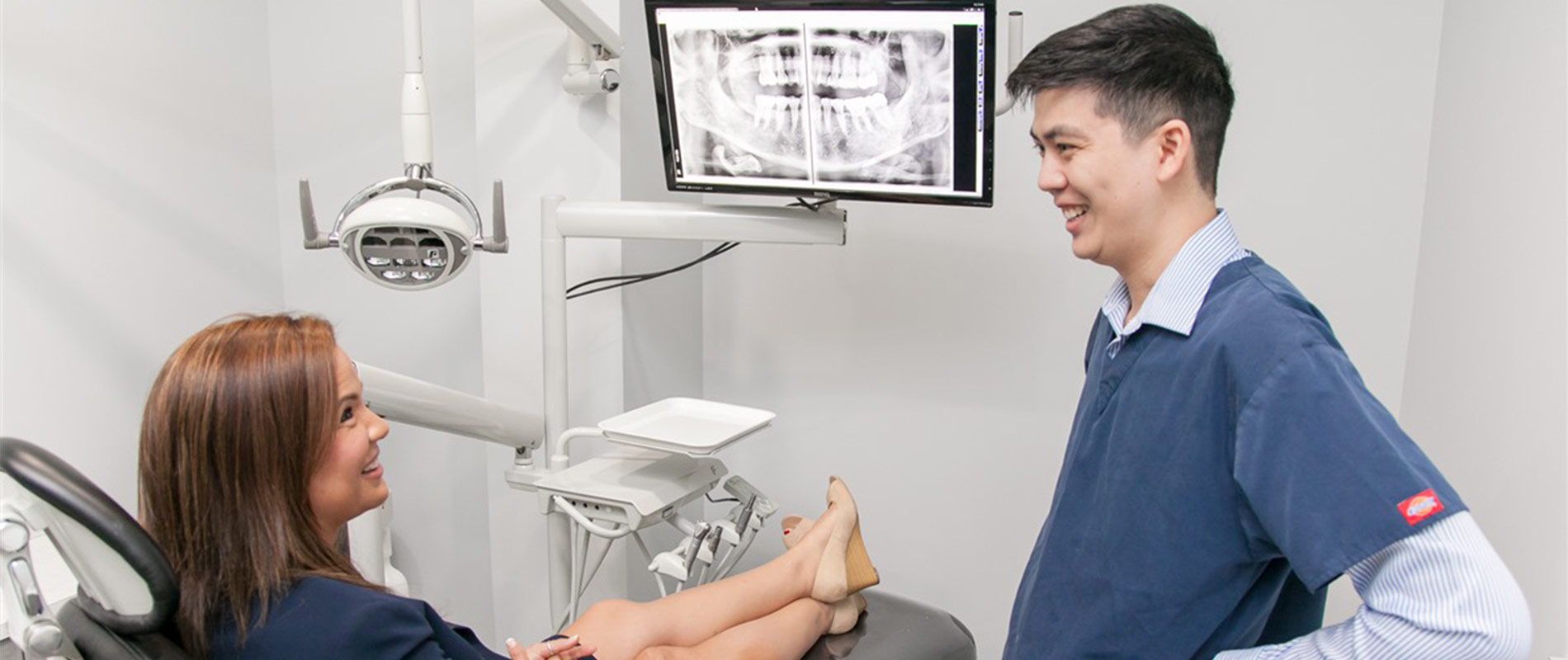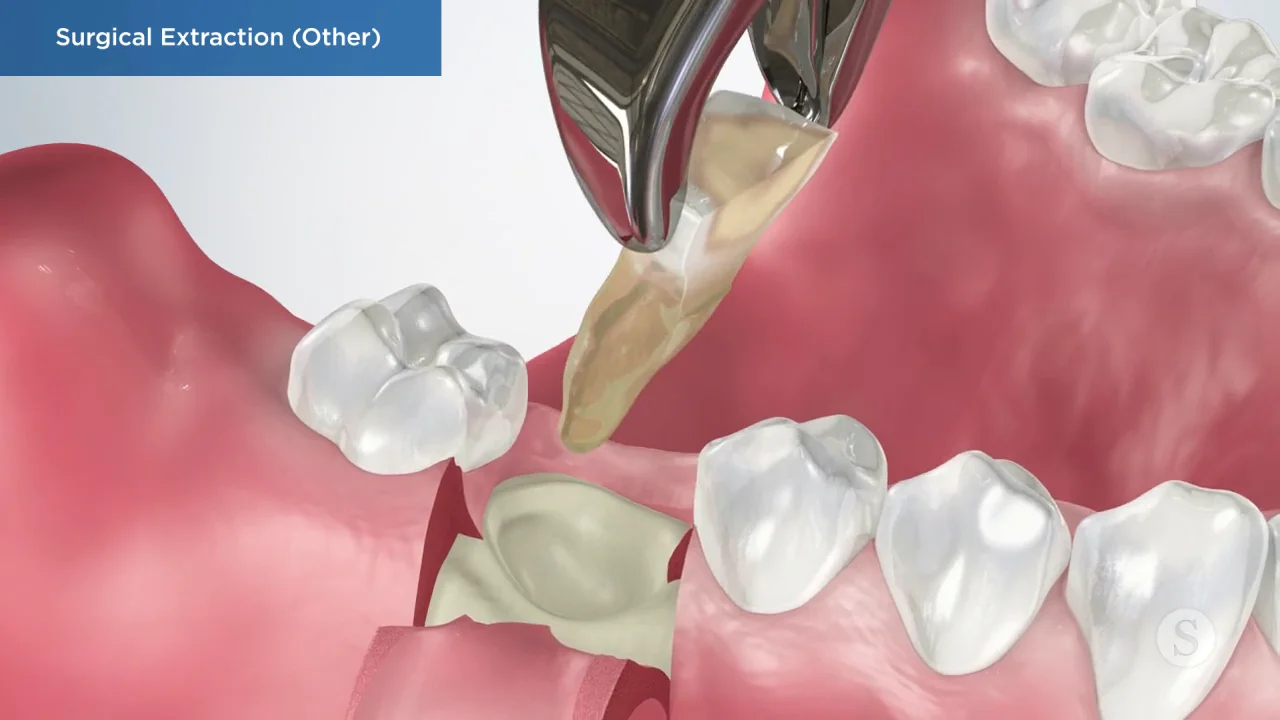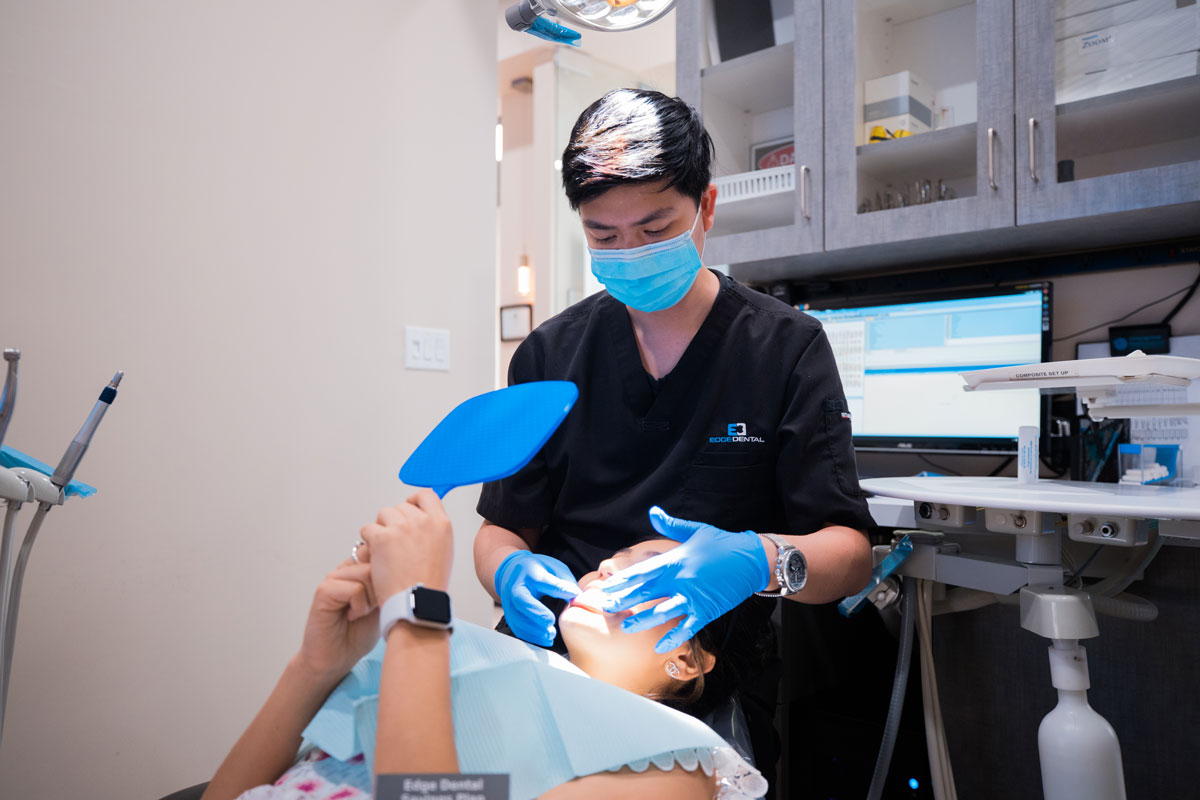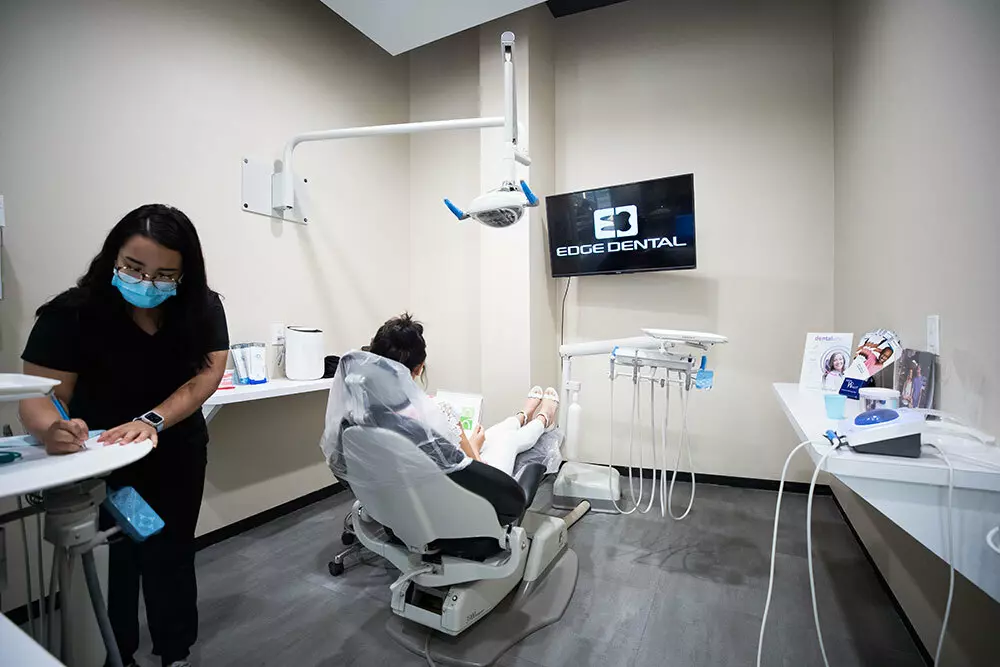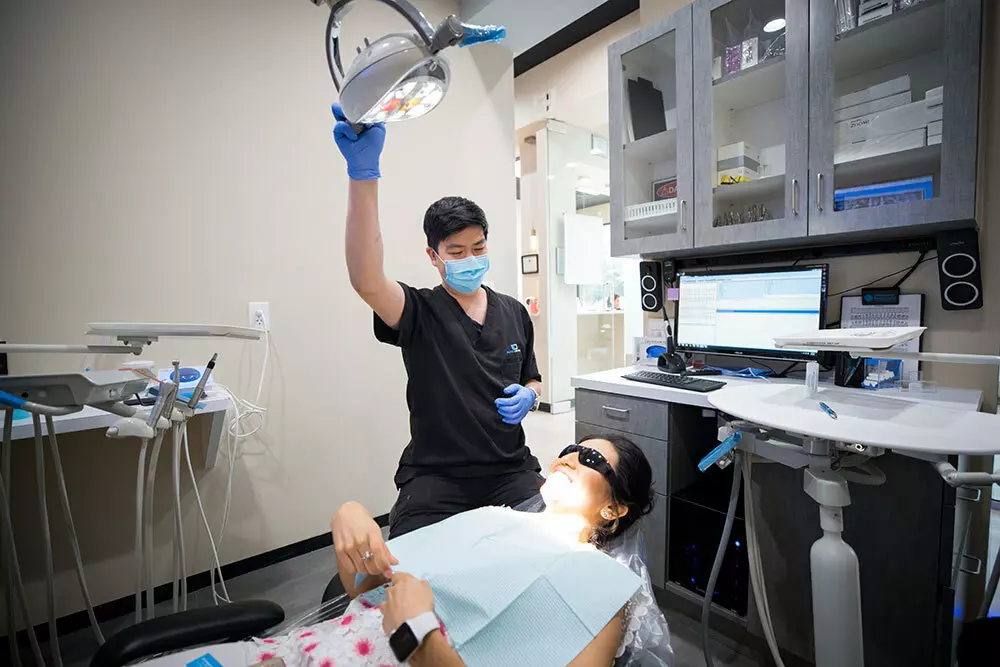Invisalign Treatment is not just a beneficial and efficient option for mild dental problems, it's a choice that offers a multitude of benefits. Beyond its direct function of treating malocclusions, this instrument promotes excellent oral hygiene, ease of wear, and superior esthetics. Its ease of use is a testament to its user-friendly design. However, it's crucial to note that like any remedy, it does have its limitations.
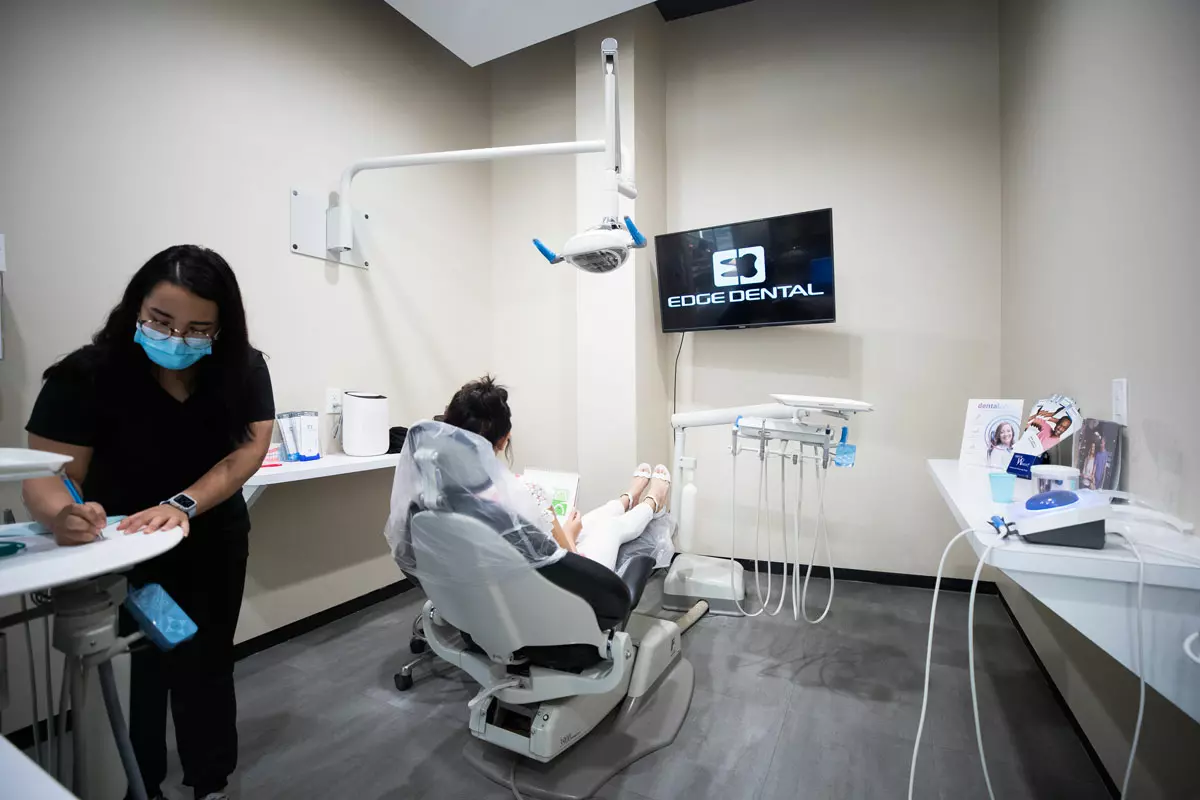
Which Conditions Can Be Treated?
A report published in the Journal of Orthodontic Research provides valuable insights into the successes of Invisalign appliances in treating various dental problems. Such dental issues include:
- Mild relapses following fixed-appliance therapy.
- Mildly malaligned malocclusions typically feature crowding or spacing ranging from 1mm to 5 mm.
- Non-skeletally constricted arches can be expanded through limited tipping of your teeth.
- Deep overbite problems, such as Class II division 2 malocclusions, apply to cases involving overbite that may be reduced either by advancement of incisors or intrusion.
What Cannot Be Treated?
Dental Office Houston states that aligners also have certain limitations, just like every other form of Treatment. Various conditions may be challenging to treat using the appliance or even be contra-indicated. These include the following cases:
- Arches that have multiple missing teeth.
- Skeletal anterior-posterior discrepancies that exceed 2 mm.
- Teeth exhibiting short clinical crowns.
- Teeth that are severely tipped (exceeding 45 degrees).
- Excessive instances of crowning and spacing more than 5 mm.
- Centric-occlusion and centric-relation discrepancies.
- Anterior and posterior open bites need to be closed.
- Severely rotated teeth exceeding 20 degrees.
- Extrusion of teeth.
Aside from the inherent abilities and limitations of aligners, your motivation as a patient is a key factor in the success of Invisalign Treatment. Unlike conventional braces, these devices are removable, which needs a higher level of responsibility. It's vital to be diligent in correctly placing your invisible braces, as their transparency can make them comfortable to misplace.
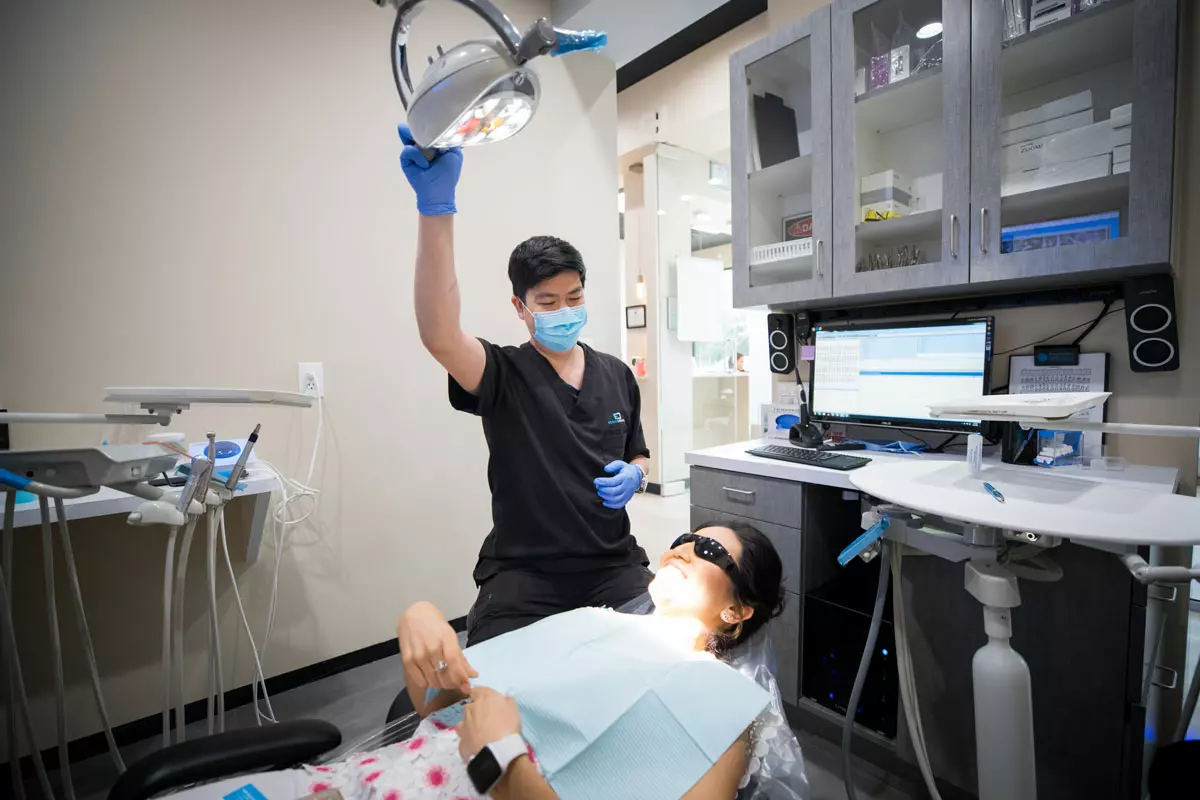
Invisalign Treatment
The diagnostic preparation remains the same whether you receive a conventional fixed orthodontic appliance or Invisalign Treatment. Such a preparation phase involves:
- An initial assessment of the malocclusion.
- Diagnosing the particular condition.
- Planning the Treatment needed.
- Completing pre-treatment records, which include bite registration, panoramic and lateral cephalometric radiographs, polyvinyl siloxane impressions, and photos.
During the diagnostic preparation phase, your clinician's expertise is crucial, whether you opt for a conventional fixed orthodontic appliance or Invisalign Treatment. For Invisalign, this involves incorporating your pre-treatment records into a simulated virtual treatment using 3D CAD-CAM technology. Invisalign Houston then assesses the virtual treatment set-up, ensuring the suggested final positioning of your teeth is suitable for your unique case.
A clinician can only modify the virtual treatment set-up before making the aligners. Therefore, if the aligner is insufficient, several auxiliary appliances would be needed for a more precise treatment plan. However, further adjustment and fabrication of entirely new sets of aligners may be applied to achieve this accurate treatment plan.
Briefly stated
Hence, while searching for the best Invisalign Dentist, you will find us at the top of your priority list. So don’t delay your dentist’s consultation, and book an appointment with us to treat your teeth effectively and efficiently. Further, to learn more about Invisalign Dentist Near Me, visit the official website.

